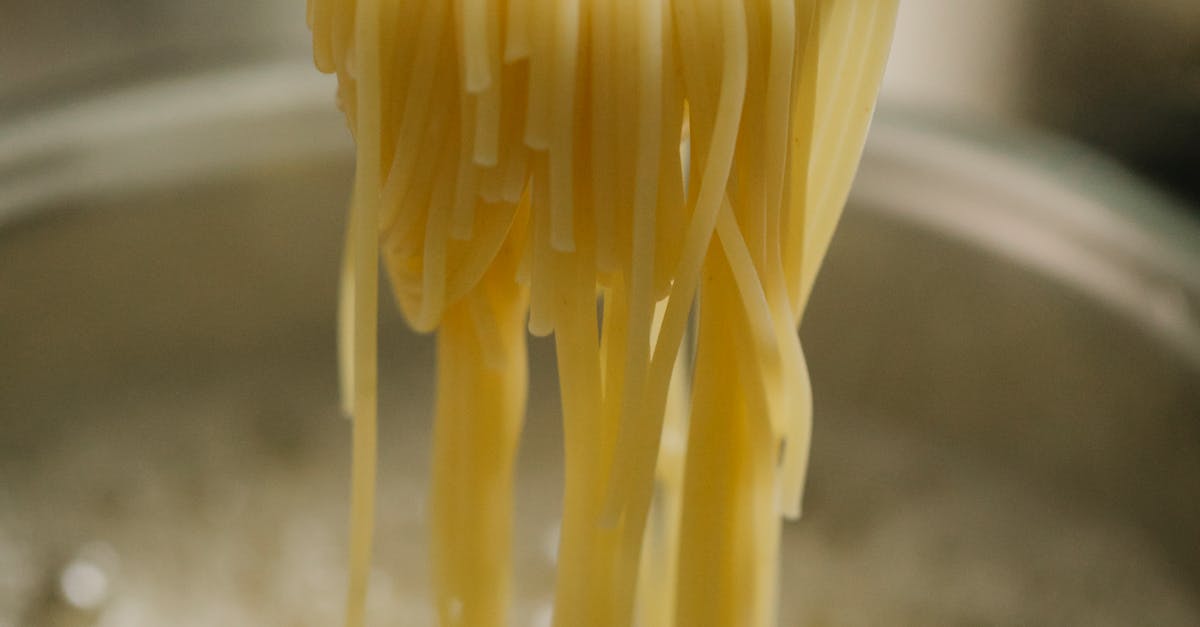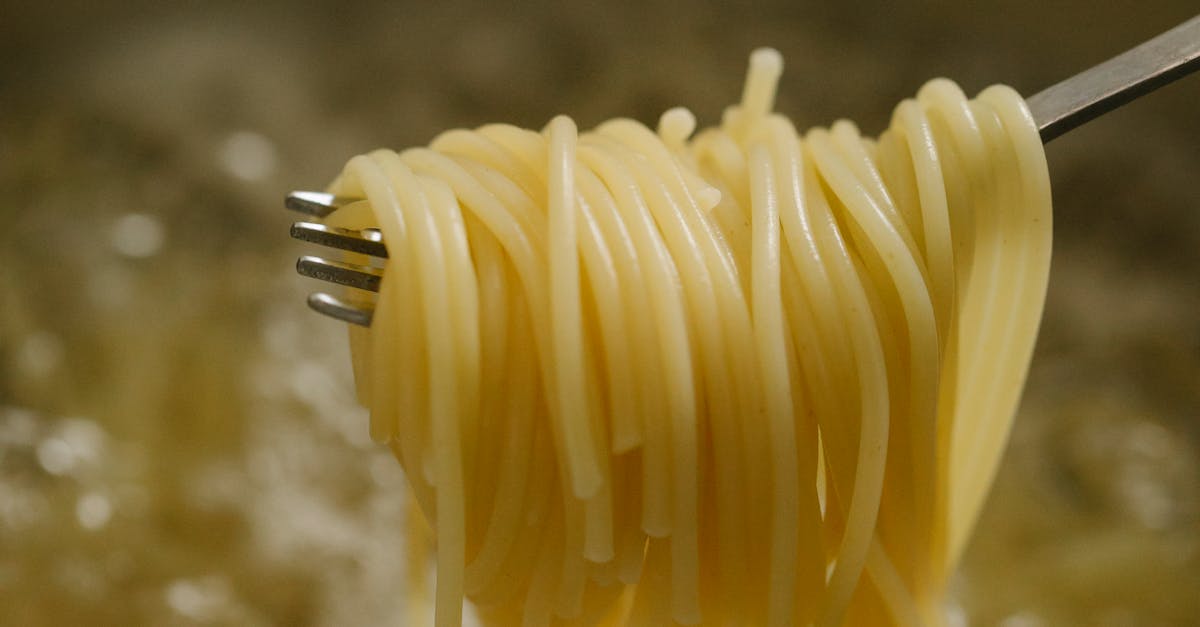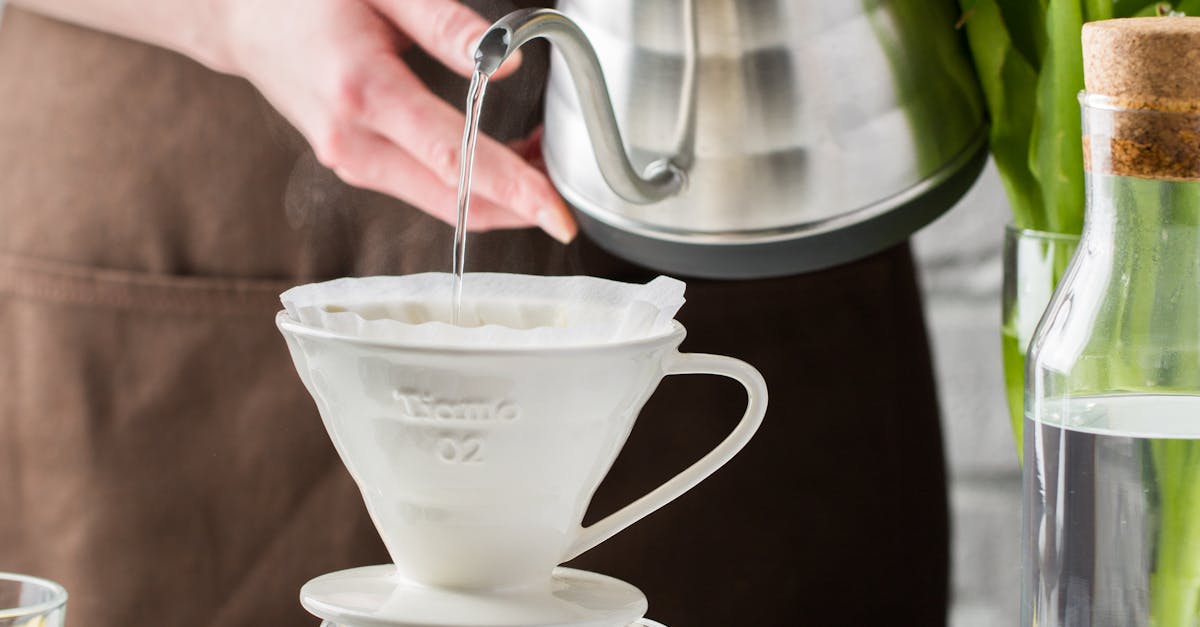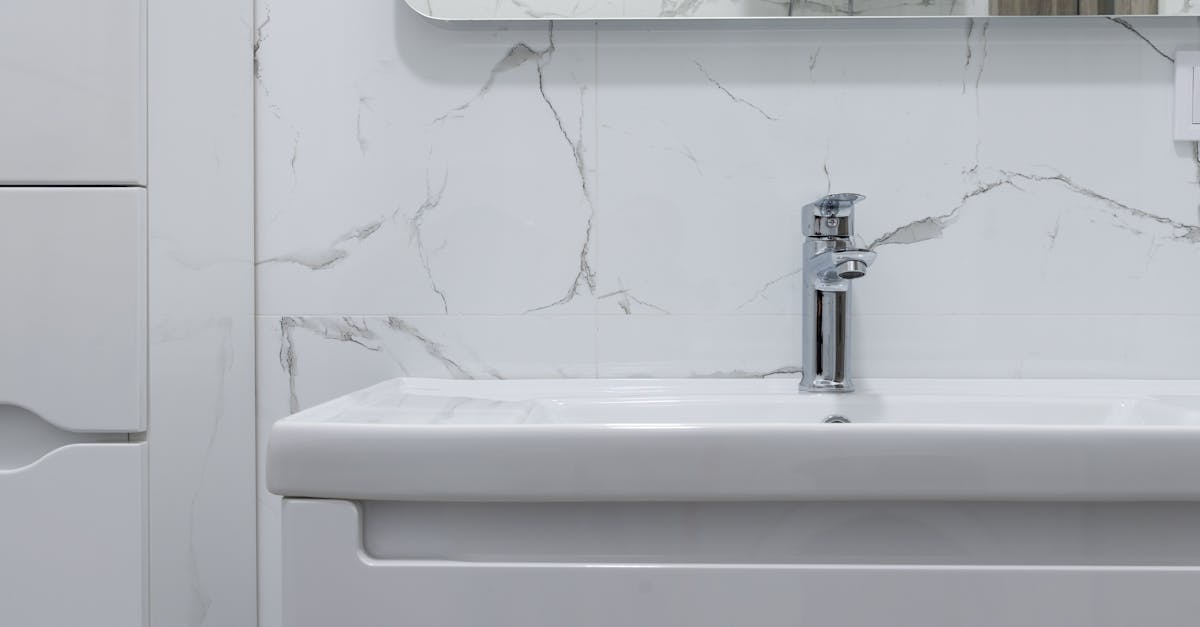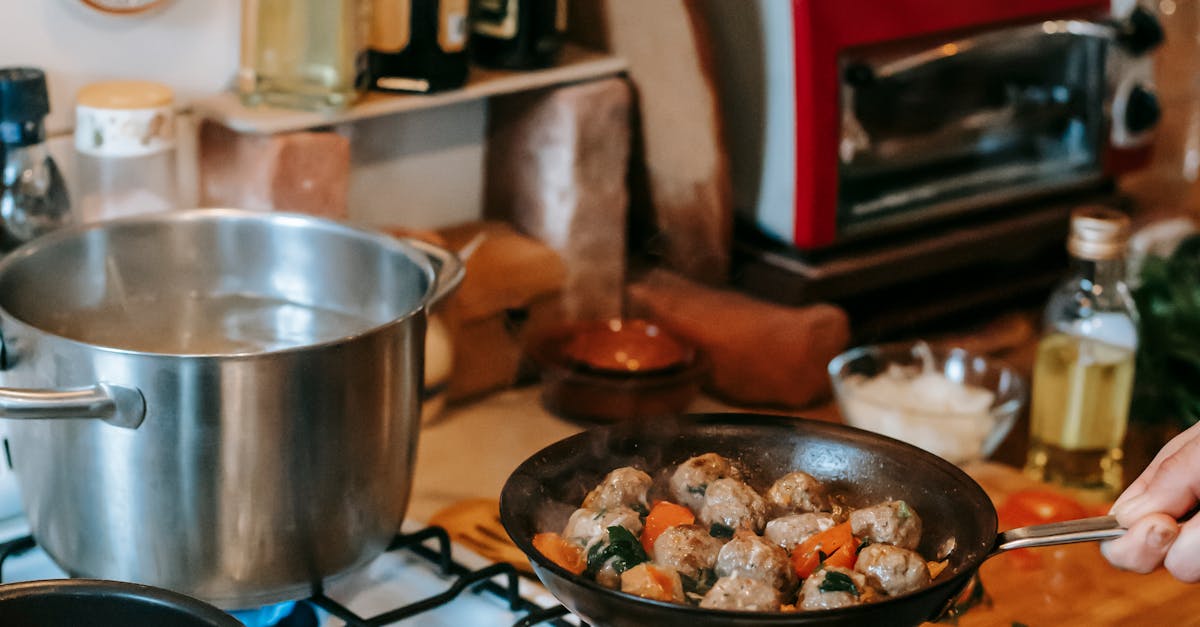
Table Of Contents
Recommended Types of Dish Soap
When selecting dish soap for drain cleaning, it’s important to consider its effectiveness and ingredients. Concentrated formulas often provide a more powerful cleaning action, breaking down grease and food residues quickly. Opt for biodegradable options where possible. They are not only kinder to the environment but also help minimise the impact on sewer systems.
Avoid soaps with harsh chemicals, as these can be detrimental to your plumbing. Natural dish soaps with plant-based ingredients typically work well for routine drain maintenance. Regular use of these products can assist in keeping your drains flowing freely and reduce the buildup that can lead to clogs.
Choosing Environmentally Friendly Options
Many consumers are becoming more aware of the ecological impact of their household products. Selecting environmentally friendly dish soaps contributes positively to both personal and environmental health. Brands that advertise biodegradable ingredients often avoid harsh chemicals, making them safer for the waterways. Using natural fragrances and plant-based surfactants, these options provide effective cleaning power while being gentle on the planet.
When considering drain cleaning, opting for eco-friendly options can help maintain the integrity of plumbing systems. Traditional soaps can contain phosphates and other harmful additives that disrupt local ecosystems. Environmentally conscious choices not only reduce these risks but also promote sustainability. Ensuring that the dish soap is free from unnecessary synthetic ingredients is a key step toward responsible living.
Safety Precautions When Using Dish Soap
When using dish soap for drains, safety precautions are essential. Always read the instructions on the dish soap label to ensure there are no harmful ingredients that might react negatively with your plumbing system. Avoid mixing dish soap with other cleaning chemicals, as this can create dangerous fumes or lead to harmful reactions. Keep dish soap out of reach of young children and pets, as ingesting it could result in health issues.
Regular maintenance is vital to prevent clogs and ensure optimal drainage. Incorporate drain cleaning into your routine by pouring a small amount of dish soap down the drain at night, allowing it to work overnight. This gentle cleaning method can help break down grease and food particles, promoting smoother water flow. Be mindful of the amount used, as excessive soap can lead to soap scum buildup, which may create additional issues down the line.
Tips for Preventing Drain Damage
Proper maintenance of your drains can significantly reduce the risk of clogs and damage. Regular drain cleaning is essential to ensure that grease, food particles, and soap residues do not accumulate over time. Utilising a mixture of hot water and dish soap can help break down any residues while keeping your pipes clear. This method is easy to implement and can be done at night, allowing it to work effectively overnight.
In addition to periodic cleaning, consider what goes down your sink. Avoid pouring heavy oils or large food remnants directly into the drain, as these can lead to buildup over time. Instead, scrape plates before rinsing and use a strainer to catch small food pieces. Taking these simple steps, alongside regular drain cleaning, can help extend the life of your plumbing and prevent costly repairs.
Frequency of Dish Soap Disposal
Regularly disposing of dish soap down the drain can aid in maintaining a clean and functional plumbing system. Frequency can vary based on personal habits and household size. For those who wash a significant amount of dishes daily, pouring dish soap down the drain weekly can help to tackle any grease or build-up. This practice keeps drains clear and may reduce the likelihood of clogs forming over time.
For optimal drain cleaning, it is advisable to incorporate this routine with other maintenance tasks, such as flushing the drain with hot water after disposal. Although some may prefer to do this less frequently, combining dish soap with other cleaning methods can enhance overall effectiveness. Monitoring the state of your drains will also provide insight into whether adjustments to the disposal frequency are necessary.
Finding the Right Schedule for Maintenance
Establishing a regular schedule for drain cleaning is essential for maintaining the health of your plumbing system. Many homeowners can benefit from a monthly routine. This prevents the buildup of grease and debris, reducing the likelihood of clogs and allowing the dish soap to work effectively without overwhelming the drainage system.
Adapting the schedule based on personal usage is also a practical approach. Busy households may need to clean the drains more frequently, while less active kitchens might require less attention. Keeping an eye on how quickly the water drains can be a helpful indicator of when to implement additional maintenance. Regular checks can help ensure that everything flows smoothly, prolonging the life of your plumbing.
FAQS
Why should I pour dish soap down the drain at night?
Pouring dish soap down the drain at night can help to break down grease and food residues that may have built up in your pipes, allowing them to clear out more effectively by the next day.
Is it safe to pour dish soap down the drain?
Yes, when used in moderation, dish soap is generally safe for your plumbing. However, it's essential to avoid using large amounts or harsh chemicals that could harm your pipes.
Can all types of dish soap be poured down the drain?
While most dish soaps can be safely disposed of down the drain, it's best to choose environmentally friendly options that are biodegradable and free from harmful chemicals.
How often should I pour dish soap down the drain?
The frequency can vary depending on your usage and the condition of your plumbing. A general recommendation is to do it once a week or as needed, especially if you notice slow drainage.
What are some tips to prevent drain damage when using dish soap?
To prevent drain damage, use small amounts of dish soap, avoid pouring greasy substances directly down the drain, and regularly flush your drains with hot water to keep them clear.


















